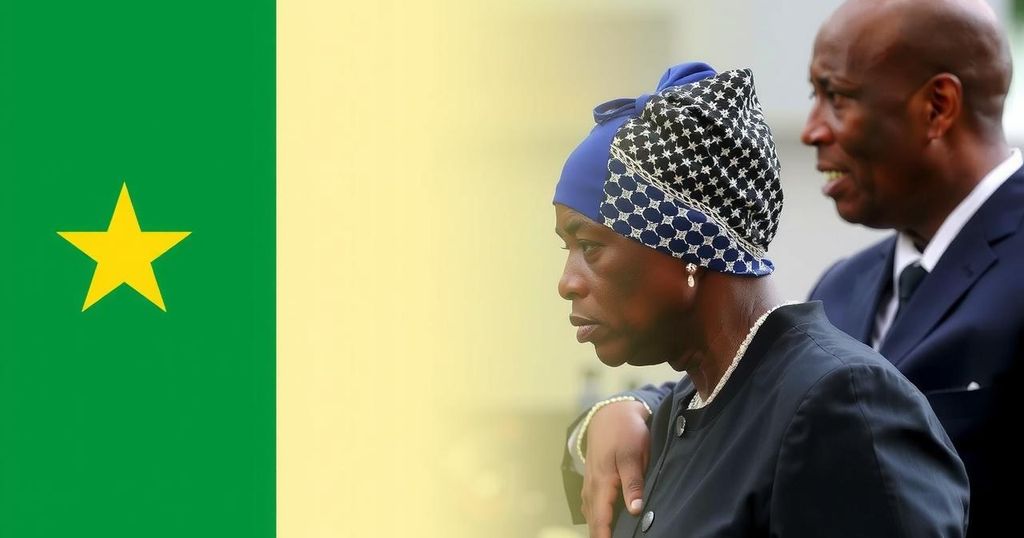Guinea Bissau Government Declares Inability to Hold Scheduled Elections Due to Unpreparedness

Guinea Bissau has announced it cannot hold elections on November 24, 2023, due to logistical and financial issues, as stated by Minister Aristides Ocante da Silva. President Umaro Sissoco Embalo previously dissolved parliament in December 2023 following an attempted coup. The political situation remains unstable, complicated by tensions with the opposition party and the expiration of key electoral positions.
The government of Guinea Bissau has declared that it is unprepared to proceed with the scheduled elections on November 24, 2023, a sentiment expressed by the Minister of Territorial Administration, Aristides Ocante da Silva. The elections were set to follow the dissolution of parliament by President Umaro Sissoco Embalo in December 2023, a move he justified as a response to an attempted coup that occurred mere days prior. The minister highlighted significant logistical and financial hurdles as the reasons for the postponement, emphasizing, “Technically, we are not in a position to carry out the programme. The time available no longer allows us to do so because of the many logistical and financial difficulties.” This announcement has fueled existing uncertainties not only regarding the legislative elections but also the timing and feasibility of the presidential elections intended to replace President Embalo. The political landscape in Guinea Bissau has been fraught with instability. Since the elections held in June 2023, a coalition led by the long-opposing African Party for the Independence of Guinea and Cape Verde (PAIGC) has maintained a significant presence in parliament. This situation has led to a tense cohabitation between President Embalo and PAIGC’s leadership. Complications have arisen further due to the expiration of tenures for both the electoral commission and the Supreme Court, which have greatly hindered efforts to organize the upcoming legislative elections. As one of the world’s economically disadvantaged nations, Guinea Bissau also faces challenges in securing adequate funding to facilitate the electoral process. Despite aspirations for constitutional order following its independence from Portugal, the country continues to grapple with a turbulent political environment.
Guinea Bissau, a small West African nation that gained independence from Portugal in 1973, has experienced persistent political instability characterized by a series of coups and governmental corruption. President Umaro Sissoco Embalo, who assumed office in December 2019 after winning the presidential elections, has faced persistent challenges, including a recent power struggle with the PAIGC, which secured an absolute majority in parliament. These circumstances contribute to a fraught political atmosphere where key political positions remain contested, further complicating the electoral processes that are supposed to restore stability.
In summary, the announcement from the Guinea Bissau government regarding the inability to hold elections on November 24 highlights the significant logistical, financial, and political challenges facing the country. The dissolution of parliament and ongoing political tensions underscore the complexities that hinder the establishment of a stable governance framework. As Guinea Bissau strives for a return to constitutional order, it continues to contend with its tumultuous political heritage.
Original Source: www.news24.com








